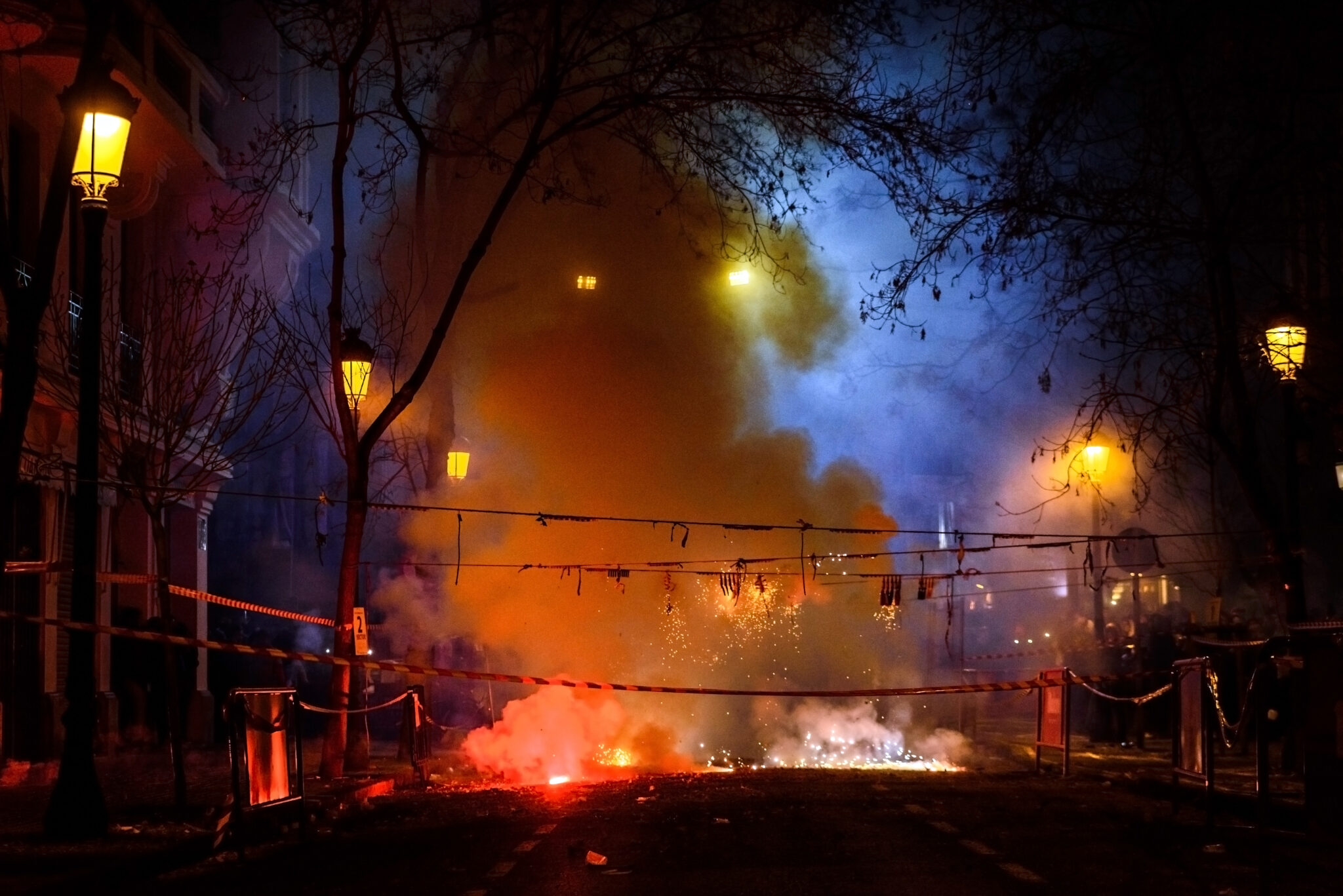Seven DOJ Prosecutors Resign Amid Pressure to Drop Eric Adams Corruption Case
In a dramatic and rare show of dissent, seven high-ranking prosecutors in the Department of Justice resigned in February after being ordered—by Acting Deputy AG Emil Bove—to drop corruption charges against New York City Mayor Eric Adams. The mass exodus has been dubbed the “Thursday Night Massacre,” echoing Nixon-era turmoil.
Ethics Clash & Legal Alarm
Acting U.S. Attorney Danielle Sassoon and others cited ethical concerns, alleging the dismissal was politically motivated and a quid pro quo arrangement. Hagan Scotten, a Bronze Star veteran, argued that using prosecutorial power for political objectives was “transparently pretextual.”
Scale and Symbolism
This cascade of resignations stiffened criticism from across the judiciary and public. Legal scholars and commentators likened the event to the Nixon-era “Saturday Night Massacre,” citing it as an unprecedented assault on DOJ integrity.
Broader Fallout
- Faith in justice systems severely undermined.
- Institutional safeguards questioned as DOJ appears aligned with political directives.
- Public outcry and legal scrutiny intensified, with civil society leaders demanding accountability.
The Road Ahead
Observers now question whether the DOJ can reclaim independence. Will reforms, congressional hearings, or whistleblower protections restore faith? Or will this deepening politicization become the new normal in American justice?
This episode may be remembered not just for the resignations, but for undermining the principle that no one is above the law.






















